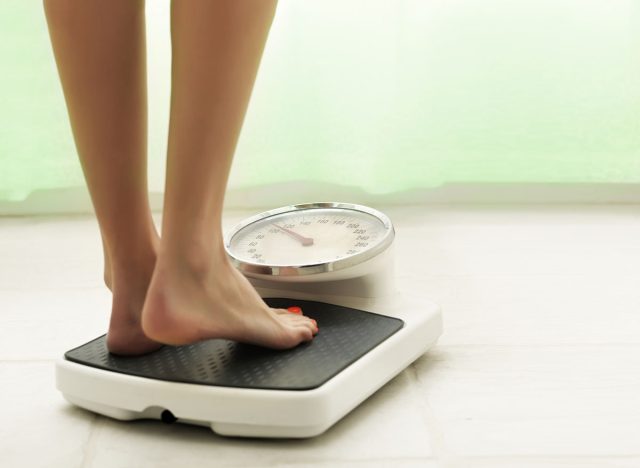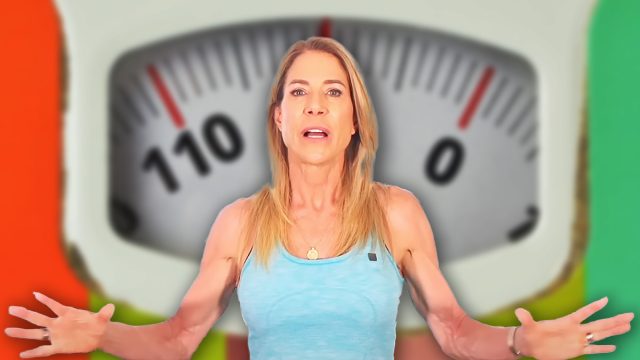Top 6 Fat Loss Mistakes Women Over 40 Need to Stop Doing Now, Experts Say
Many women over 40 struggle with fat loss, often falling into habits that hinder their progress. Experts like JJ Virgin, celebrity nutritionist and Fitness Hall of Famer, and Dy Ann Parham, a 57-year-old Mindset Coach, have identified key mistakes that women in this age group frequently make. Each of them offers simple yet effective strategies to help women over 40 navigate their fitness journey, avoid common pitfalls, and achieve long-term success. Here's what they have to say.
1. Not Lifting Heavy Enough
"Whatever is heavy for you. You want to lift the heaviest weight you can in good form," says JJ Virgin in her popular video. She emphasizes the importance of challenging yourself with weights, explaining that it's crucial for improving bone density and boosting metabolism.
Virgin debunks the myth that heavy lifting leads to bulkiness in women: "Do you know how much you have to lift and how long and how hard you have to lift to really put on muscle? You're lucky if you can put on one to two pounds of muscle a month."
2. Inadequate Protein Intake
"I say to eat protein first, and that's because I want to ensure that you're getting what you need," Virgin states in her video. She recommends aiming for one gram of protein per pound of target body weight and suggests incorporating essential amino acids as a supplement.
RELATED: He Tried the Blue Zone Diet for 7 Days: Here's What Happened to His Body
3. Focusing on Weight Loss Instead of Fat Loss

Virgin stresses the importance of body composition over mere weight: "If I could change things, I would make it so that we never used scales, that we only used body composition scales." She recommends using impedance scales at home to track changes in fat mass and fat-free mass over time.
4. Neglecting Recovery
"This is really important for women over 40," Virgin cautions in her video. She suggests monitoring your heart rate variability (HRV) and resting heart rate to gauge your recovery status. "Listen to your body here. Don't push it on that day that you might go. Everything feels a little achy. I just feel a little bit tired. Maybe that's the day to take a long walk or go do some restorative yoga."=
RELATED: Top 5 Foods to Lose Belly Fat
5. Overlooking Creatine Supplementation
Virgin, in her video, admits she previously overlooked creatine's benefits for women: "I now know that it is probably the number one supplement for women over 40. It helps with muscle strength, bone health, cognitive health, even skin wrinkles."
6. You Don't Consider Intermittent Fasting
Dy Ann Parham advocates for intermittent fasting as an effective strategy for women over 50. She shares, "I have been teaching intermittent fasting as a lifestyle approach now for almost eight years."
Parham recommends a 20-hour "clean" fast: "It is the simplest way to balance your hunger's hormones out so that you can, in fact, lose weight." She explains that this approach helps regulate insulin and utilize stored glycogen.
However, Parham warns about common mistakes: "So many women are practicing intermittent fasting and they're still like, 'Why am I not losing weight?'" She advises keeping it simple and avoiding complications during the fasting window.
RELATED: Bodybuilding Pro's Top 30-Minute Walking Workout to Burn Belly Fat
Aging Is a Privilege
Parham and JJ Virgin stress the need for a simple and consistent approach to losing fat. By steering clear of common mistakes and sticking to proven methods, women over 40 can reach their fitness goals and boost their overall health. As Parham puts it, "Aging is a privilege, but aging powerfully is a choice." And if you enjoyed this article, take advantage of these 20 Superfoods for People Over 50.





